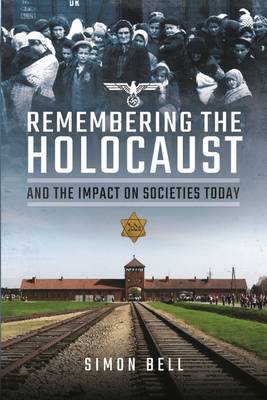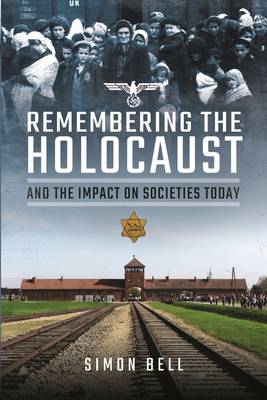
- Retrait gratuit dans votre magasin Club
- 7.000.000 titres dans notre catalogue
- Payer en toute sécurité
- Toujours un magasin près de chez vous
- Retrait gratuit dans votre magasin Club
- 7.000.0000 titres dans notre catalogue
- Payer en toute sécurité
- Toujours un magasin près de chez vous
27,95 €
+ 55 points
Description
This book seeks to explore aspects of the Holocaust as it is remembered and reflect ultimately on parallels with the world we live in today.
Spécifications
Parties prenantes
- Auteur(s) :
- Editeur:
Contenu
- Nombre de pages :
- 224
Caractéristiques
- EAN:
- 9781399012096
- Date de parution :
- 09-12-21
- Format:
- Livre relié
- Dimensions :
- 241 mm x 164 mm
- Poids :
- 540 g

Les avis
Nous publions uniquement les avis qui respectent les conditions requises. Consultez nos conditions pour les avis.






